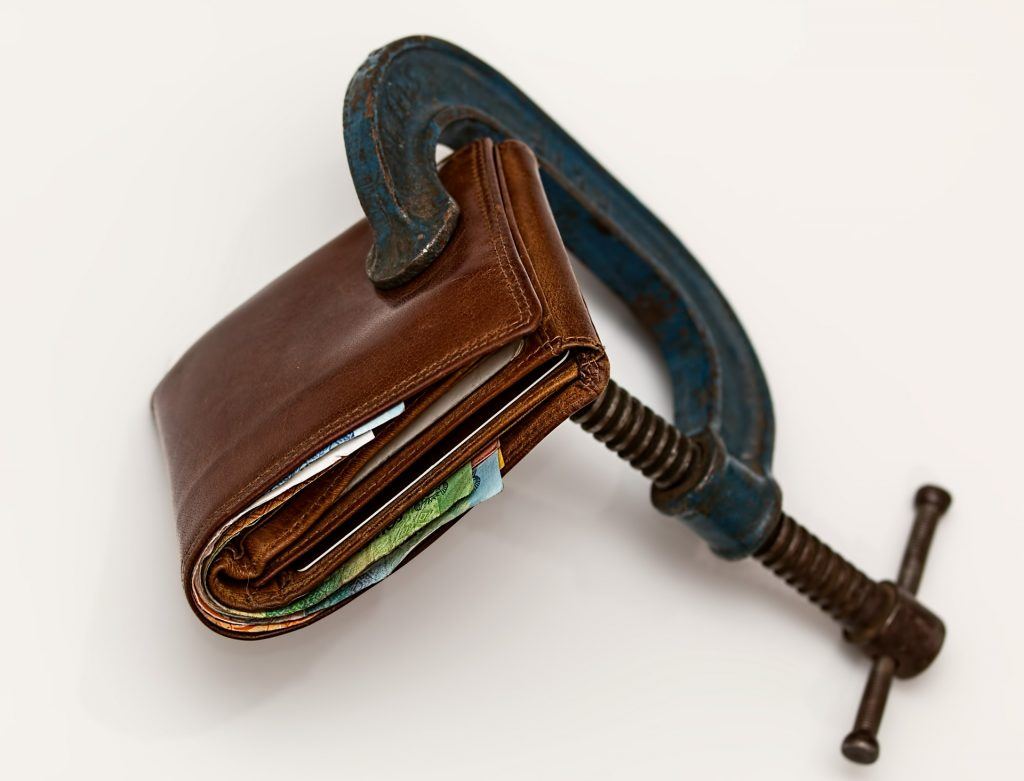What are the Main Differences Between Chapter 7 and Chapter 13 Bankruptcies in Pennsylvania?

Financial difficulties are one of the most stressful experiences that we can go through, and when things have gotten bad enough that you’re thinking about filing for bankruptcy, it probably feels like you simply can’t make one more decision. Though filing for bankruptcy can offer you the ability to make a fresh start, it is important that you take the time to consider which type of bankruptcy filing offers you the best outcomes. There is a significant difference between filing for Chapter 7 bankruptcy and filing for Chapter 13 bankruptcy. Reinherz Law is a PA bankruptcy lawyer that can help. We have extensive experience and knowledge of the process, as well as the advantages and disadvantages of each type of filing. We will take the time to listen to the specifics of your situation, explain the main differences between Chapter 7 and Chapter 13 bankruptcies in Pennsylvania, and guide you through the process, ensuring that you make the best decision.
Perhaps the biggest difference between a Chapter 7 bankruptcy and a Chapter 13 bankruptcy is that when you file under Chapter 7, almost all of your unsecured debts will be discharged and the trustee administering your case will try to see off any nonexempt property in order to repay your creditors. By contrast, under Chapter 13 you create a repayment play that enables you to repay your creditors, though not all will be paid in full. There are other differences, including:
- Where a Chapter 7 bankruptcy is usually completed in just a few months, a Chapter 13 bankruptcy can last from three to five years, at the end of which most of your unsecured debts will be discharged.
- Under a Chapter 7 bankruptcy, it is possible to lose some of your assets or equity that are not exempt by law – particularly if you have significant assets. Under Chapter 13 bankruptcy no assets or property are liquidated.
- Not everybody is eligible for Chapter 7 – if you earn a high income you may not qualify. By contrast, filing for Chapter 13 requires that you earn a regular income in order to be able to arrange for a monthly payment.
- Chapter 7 eligibility is based upon income level, and is only available to those whose income is lower than the Pennsylvania state median or being unable to pass the means test. By contrast, Chapter 13 has no income requirement, though unsecured debt and secured debt both need to be below a certain level.
- Chapter 7 filings can be highly complex and require extensive paperwork, where Chapter 13 is a more simple process that requires little more than a repayment plan.
Choosing the right type of bankruptcy is a matter of both eligibility and identifying the process that will provide you with the outcome that you are looking for. To speak with an experienced PA bankruptcy lawyer, call Reinherz Law today.









